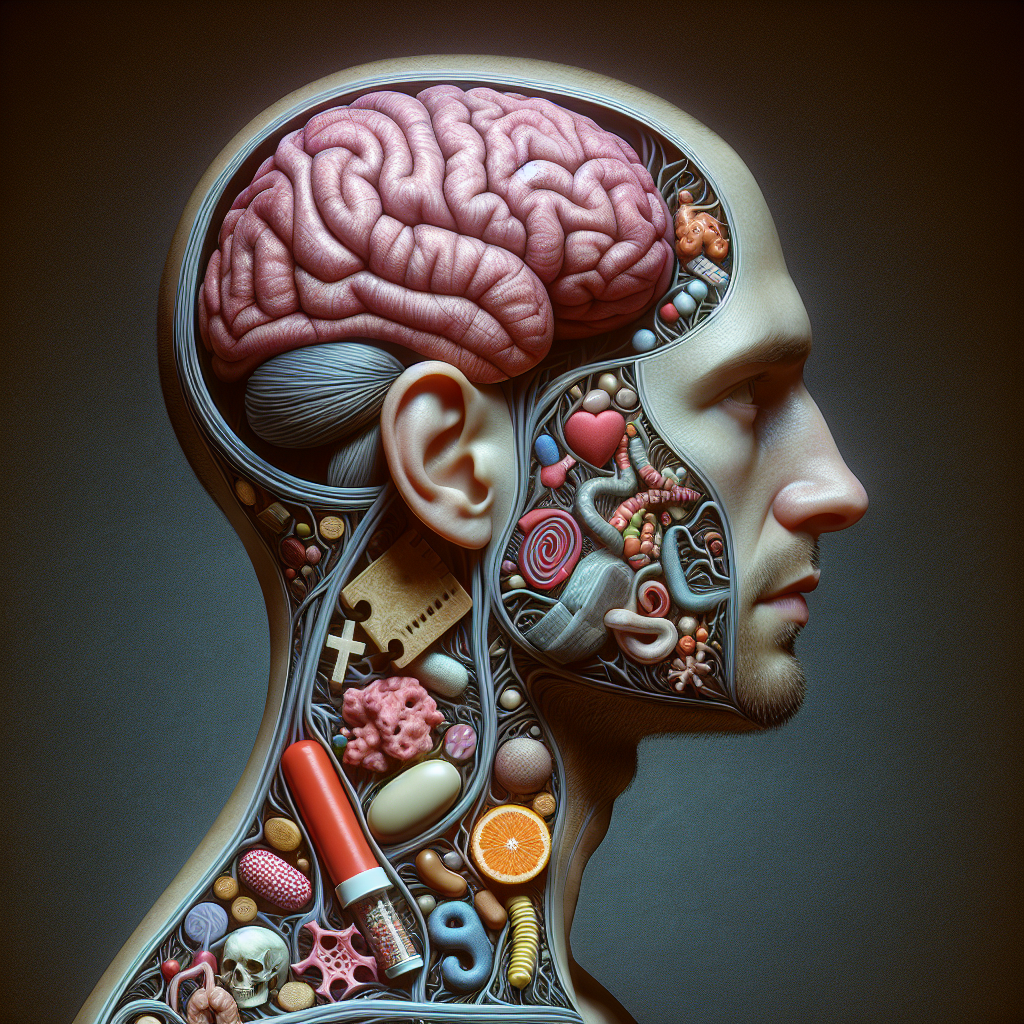How To Uncover the Hidden Symptoms of ADHD: A Professional Guide to Understanding and Seeking Help
- Alicia H
- Sep 4, 2024
- 2 min read
ADHD, or Attention Deficit Hyperactivity Disorder, has long been a misunderstood and neglected disability in our society. Often dismissed or overlooked, ADHD can significantly impact individuals' lives, particularly when its hidden symptoms are left unaddressed. This blog post aims to shed light on what ADHD truly is, the symptoms that are readily apparent and the ones that tend to hide beneath the surface, urging readers to seek help through consultation with a medical professional.
What is ADHD?
ADHD is a neurodevelopmental disorder that affects both children and adults. It is characterized by challenges with attention span, hyperactivity, and impulsive behavior. While some may perceive ADHD as simply a case of being easily distracted or overly energetic, the reality is far more complex. ADHD is a legitimate medical condition that requires understanding and support.
The Obvious Symptoms
The most visible symptoms of ADHD include:
Inattentiveness: Difficulty focusing on tasks, forgetfulness, disorganization.
Hyperactivity: Excessive fidgeting, restlessness, talking excessively.
Impulsivity: Acting without thinking, interrupting conversations, difficulty waiting turn.
These overt symptoms are often the ones that first catch people's attention, leading to a quick judgment or misinterpretation of the disorder.
Unveiling the Hidden Symptoms
Beyond the obvious signs of ADHD lies a realm of hidden symptoms that may not be immediately detectable but have a profound impact on an individual's daily life. These hidden symptoms include:
Emotional dysregulation: Intense mood swings, emotional sensitivity, low frustration tolerance.
Executive dysfunction: Struggles with planning, time management, organization, and decision-making.
Rejection sensitivity: Feeling easily criticized or hurt, fear of failure or disappointing others.
These hidden symptoms can often go unnoticed or be attributed to other factors, leading individuals with ADHD to suffer silently without proper support and understanding.
Seeking Help
If you resonate with the symptoms mentioned above, or suspect that you or a loved one may have ADHD, it's crucial to seek help from a healthcare professional. Consulting a doctor or a mental health specialist is the first step towards receiving an accurate diagnosis and accessing the support and resources needed to effectively manage ADHD.
Remember, seeking help is a strength, not a weakness. By addressing ADHD head-on, individuals can empower themselves to navigate life with greater clarity, self-awareness, and resilience.

In conclusion, ADHD is a multifaceted disorder that extends far beyond its surface-level symptoms. By understanding the hidden aspects of ADHD and reaching out for professional guidance, individuals can embark on a journey towards self-discovery, acceptance, and holistic well-being. Remember, you are not alone in this journey, and support is always within reach.



留言